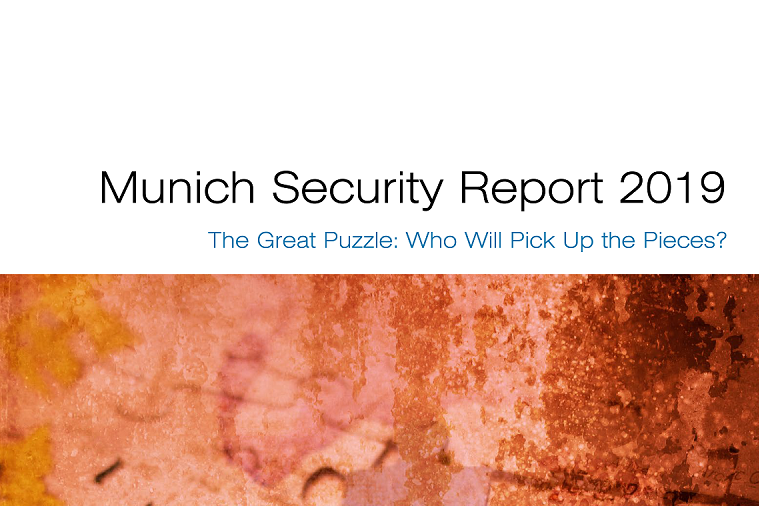
Zhou Bo, Senior Fellow, Center for International Security and Strategy, Tsinghua University
Mar 14, 2019
The liberal international order is not falling apart. However, one must also ask what exactly the “liberal international order” is.
Xue Li, Senior Fellow, Chinese Academy of Social Sciences
Feb 12, 2019
China should modestly integrate itself with the existing order.
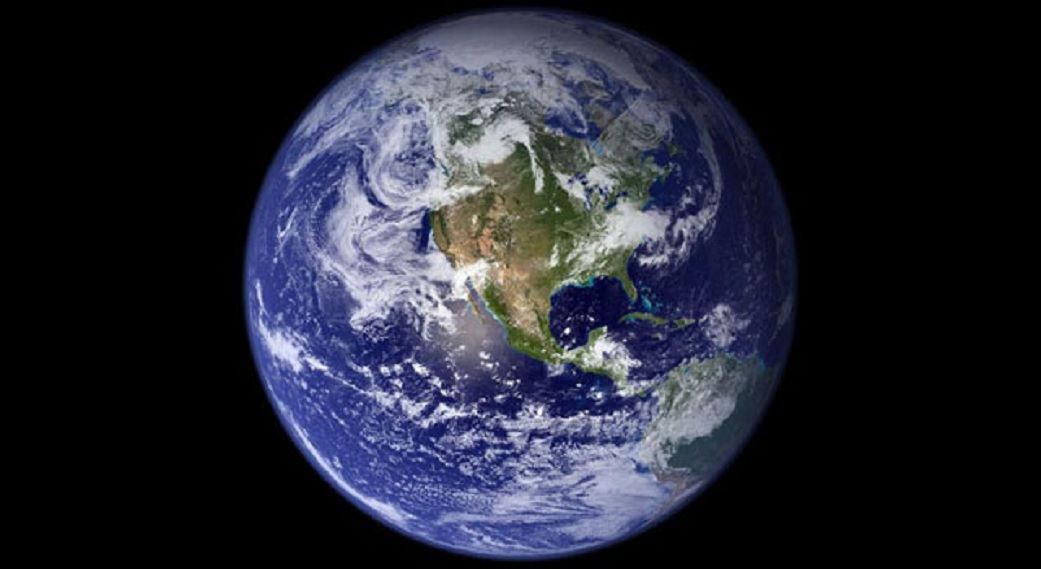
He Yafei, Former Vice Minister of Foreign Affairs
Nov 23, 2018
The U.S. cannot continue to think that it will define the international system. China’s rising power means a change of world order is inevitable.
Tian Feilong, Associate Professor, the Law School of Beihang University
Oct 09, 2018
China stands for multilateralism, and against Trumpism.
Fan Gaoyue, Guest Professor at Sichuan University, Former Chief Specialist at PLA Academy of Military Science
Jul 16, 2018
The UN and China should fill the vacuum the US is leaving.
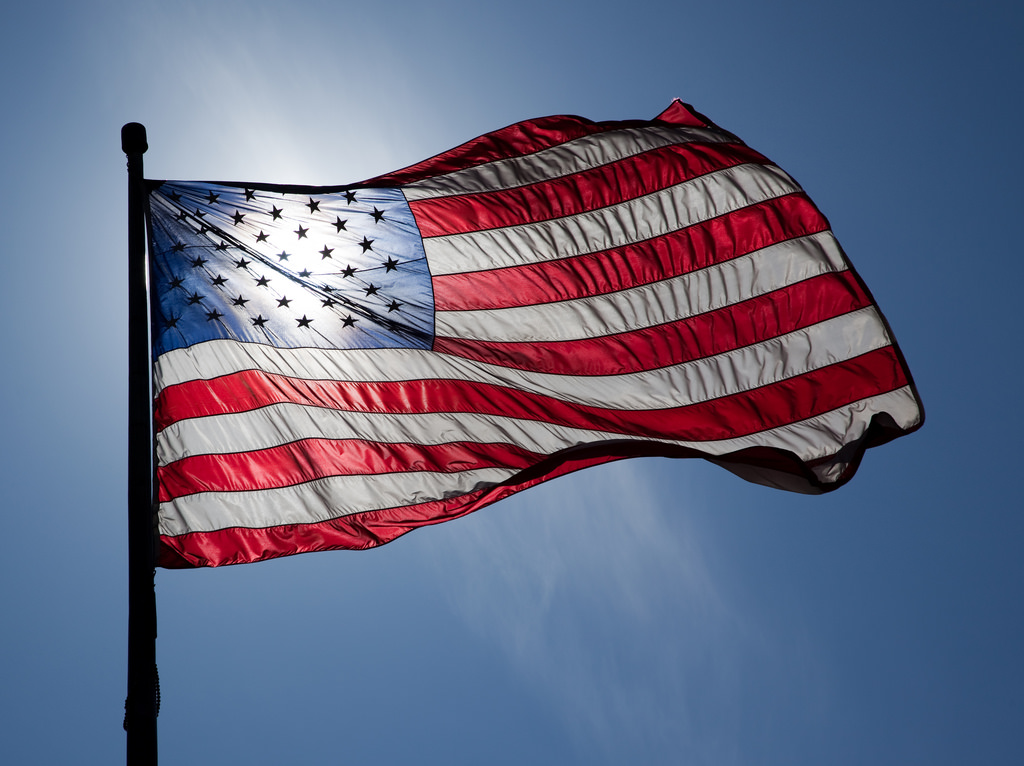
Joseph S. Nye, Professor, Harvard University
May 10, 2018
But no one should be tempted by exaggerated projections of Chinese power. If the US maintains its alliances with democratic Japan and Australia and continues to develop good relations with India, it will hold the high cards in Asia. In the global military balance, China lags far behind, and in terms of demography, technology, the monetary system, and energy dependence, the US is better placed than China in the coming decade. In the Soft Power 30 index, China ranks 25th, while the US is third.
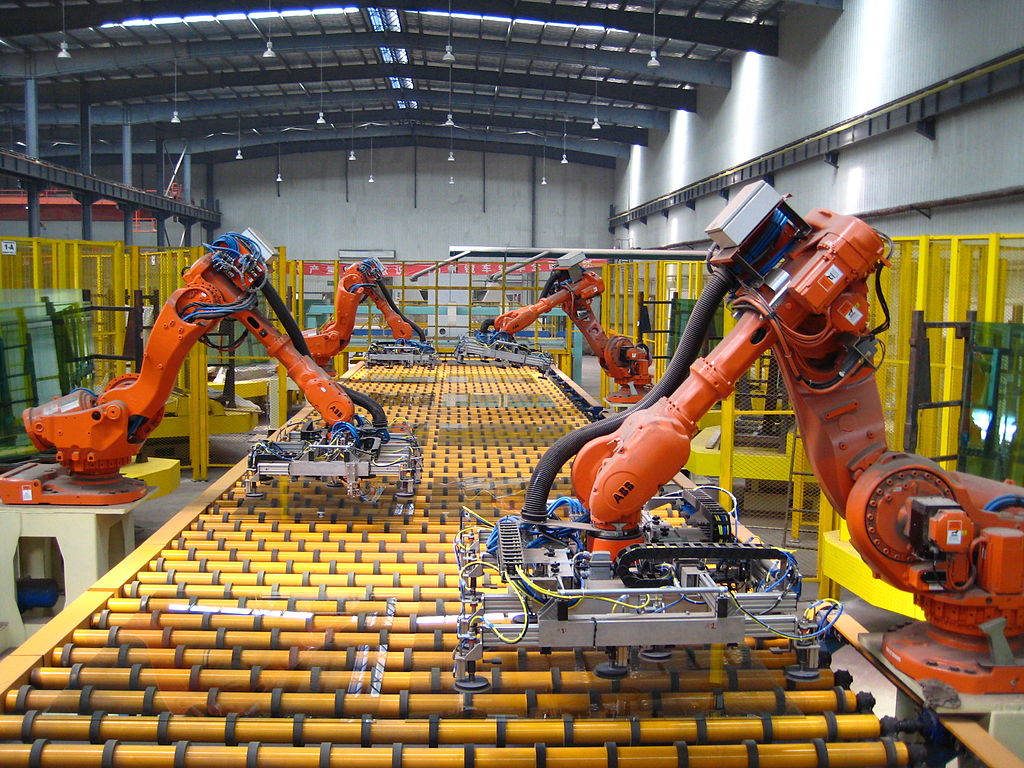
Zheng Yu, Professor, Chinese Academy of Social Sciences
Apr 20, 2018
Industrial technological competition is at the center of China-US competition.
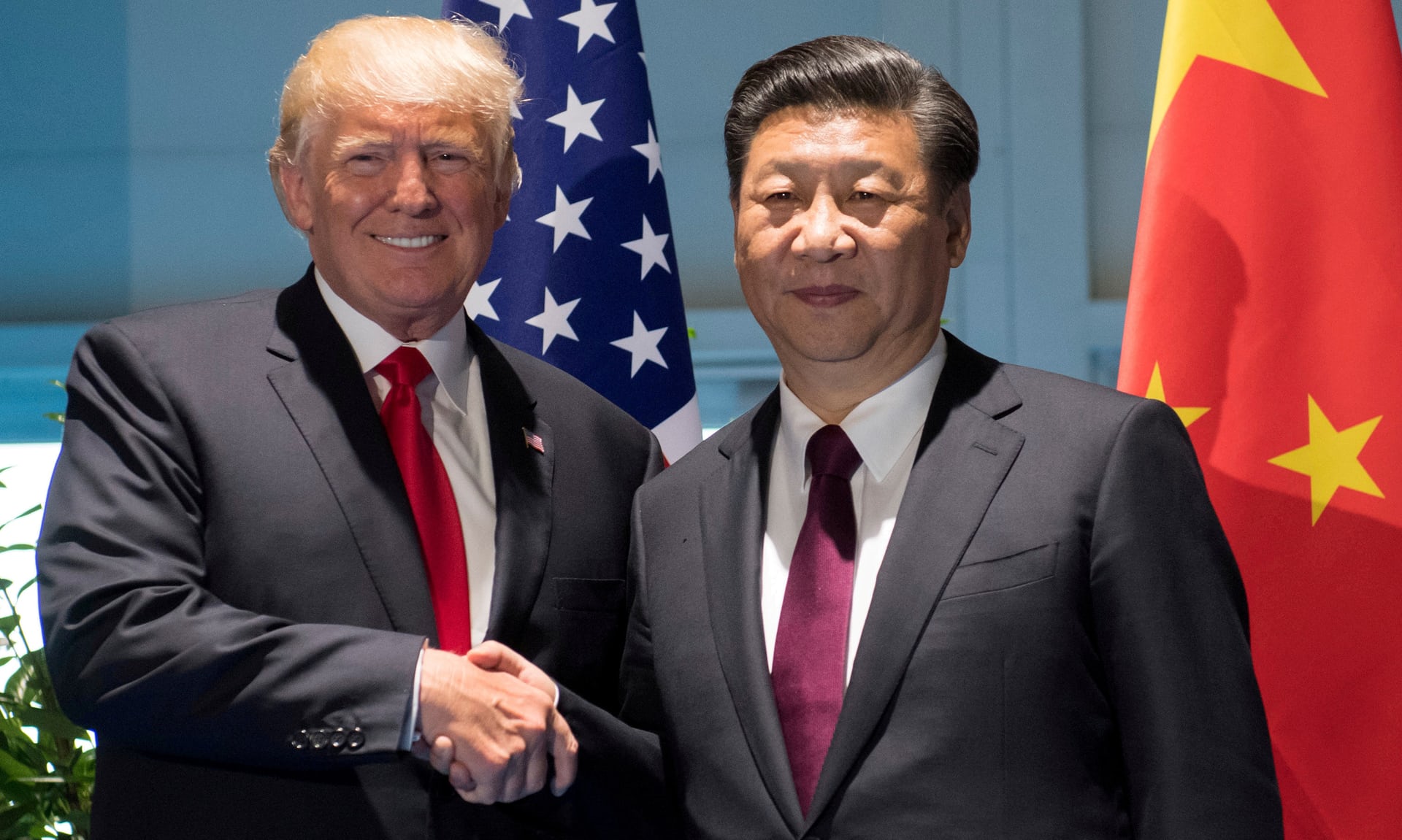
Chen Xiangyang, Director and Research Professor, CICIR
Jan 23, 2018
As Trump pulls the US back from the world stage, China steps up.
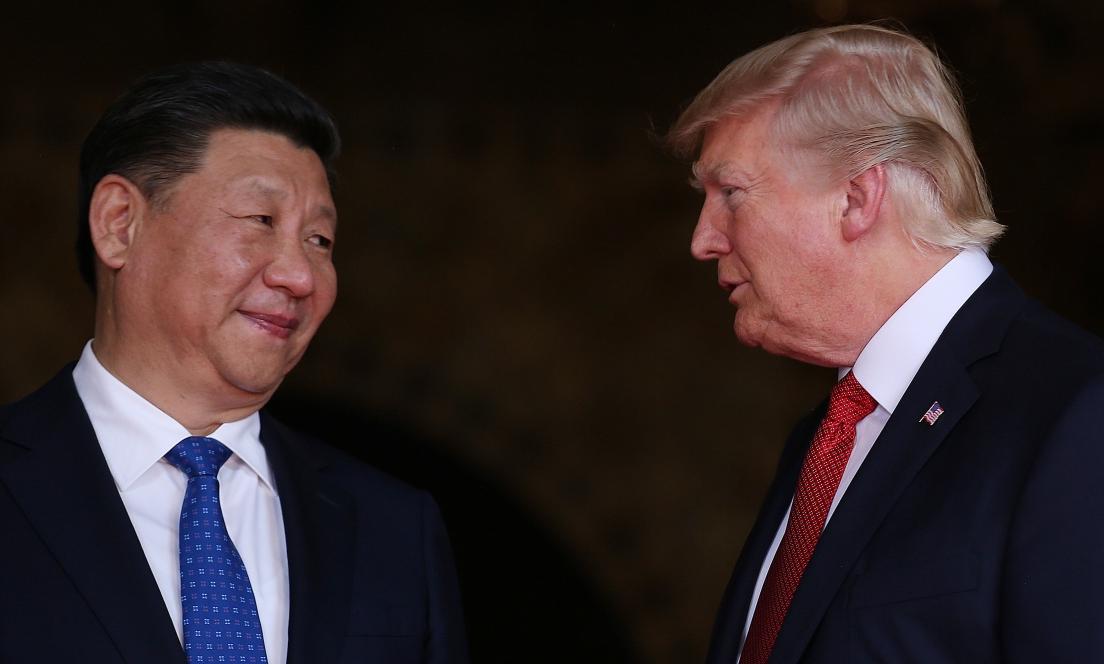
He Yafei, Former Vice Minister of Foreign Affairs
Oct 18, 2017
World order is changing fast. China and the US need to forge a closer relationship that will serve as a solid anchor for a world buffeted by strong winds and hail.
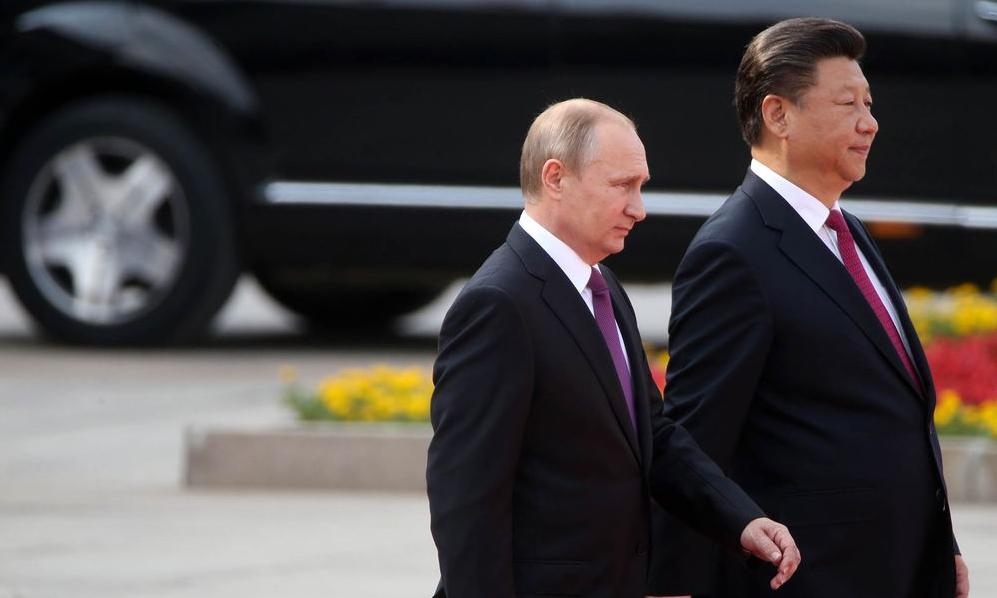
Zheng Yu, Professor, Chinese Academy of Social Sciences
Sep 28, 2017
Just as changing circumstances have altered Russia’s relationship with the US, they have also altered its relationship with China.
Back to Top

- China-US Focus builds trust and understanding between the U.S. and China through open dialogue among thought leaders.
- Our Offerings
- Topics
- Videos
- Podcasts
- Columnists
- Research Reports
- Focus Digest
- Stay Connected
-
Thanks for signing up!
- Get the latest stories from China-US Focus weekly.